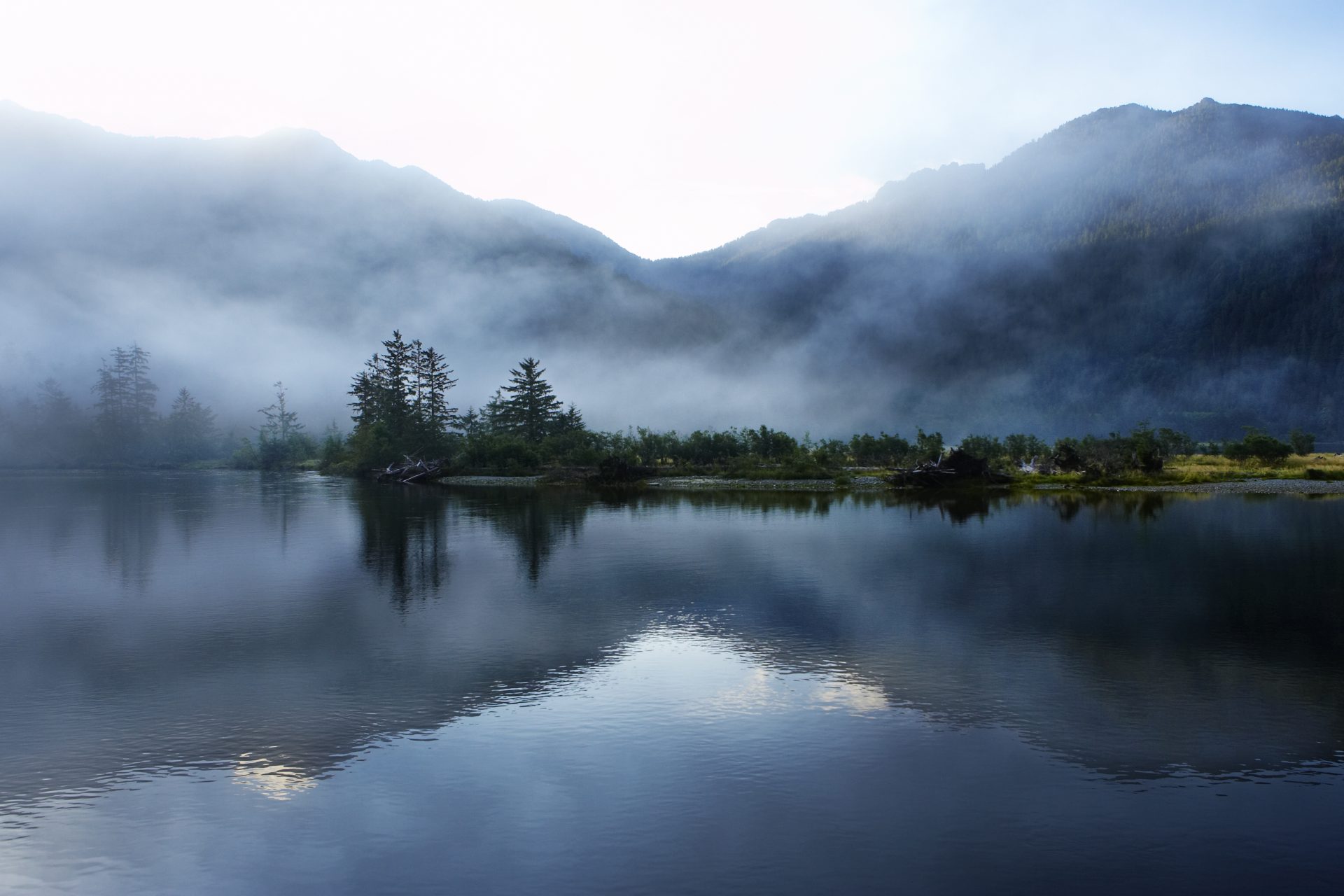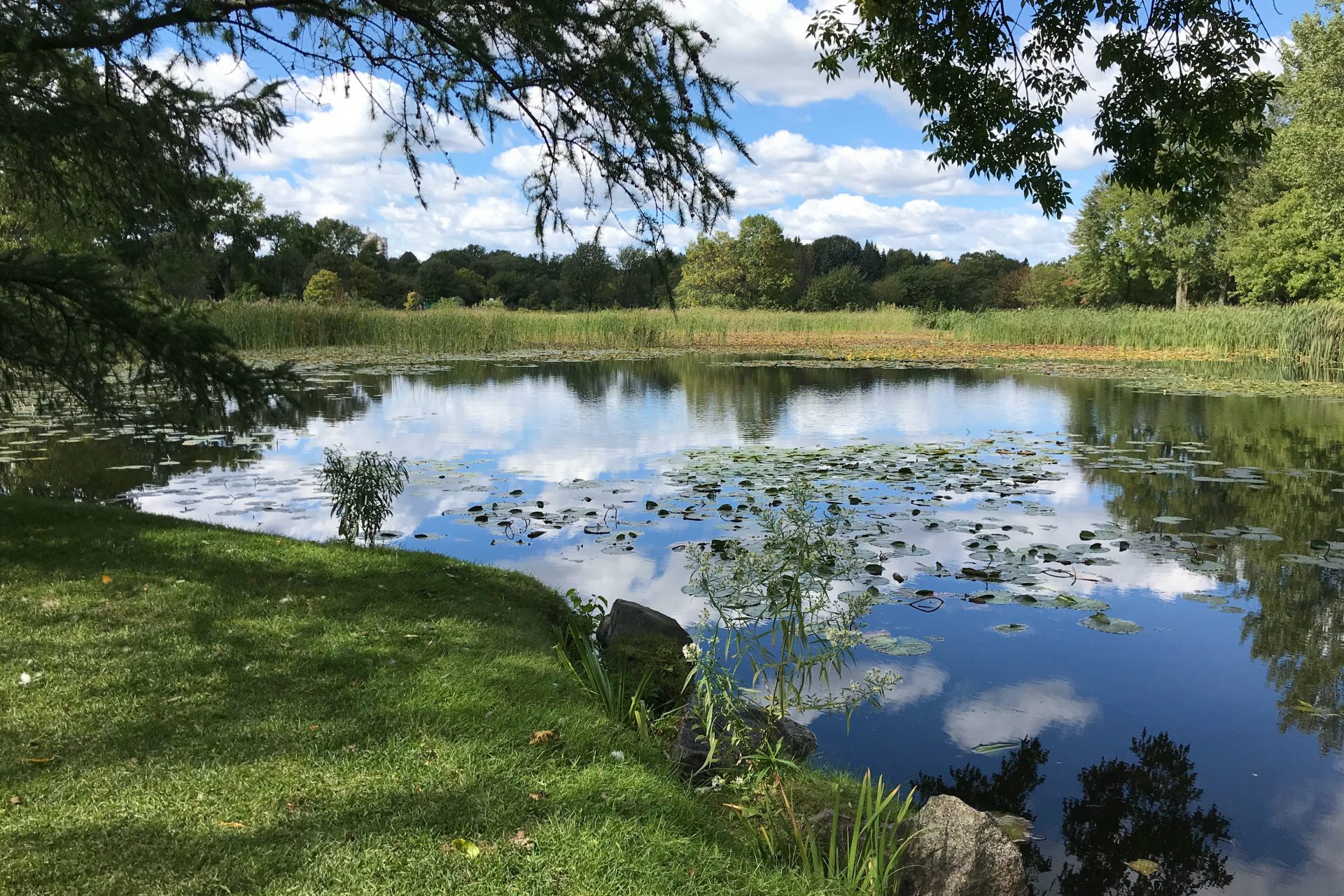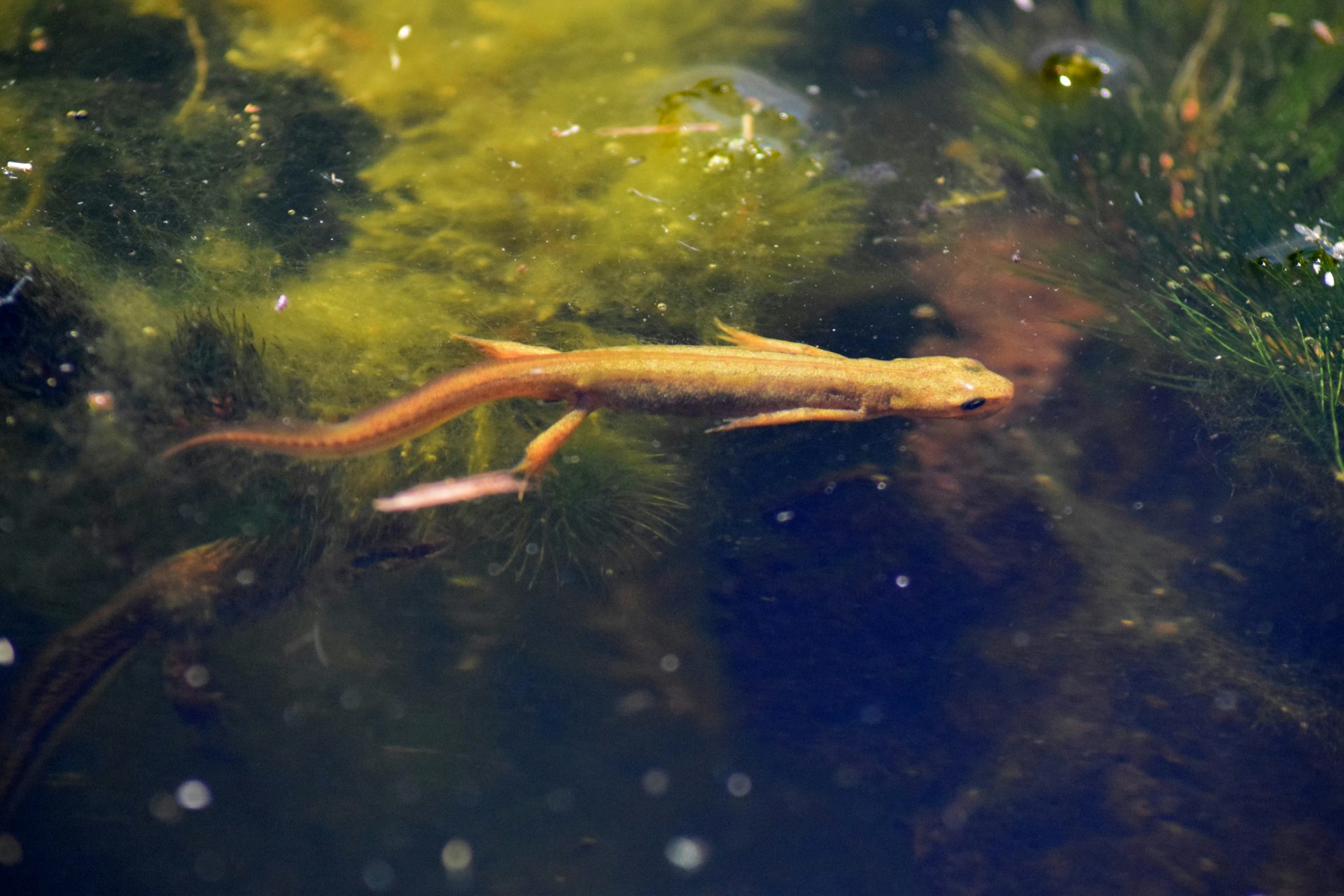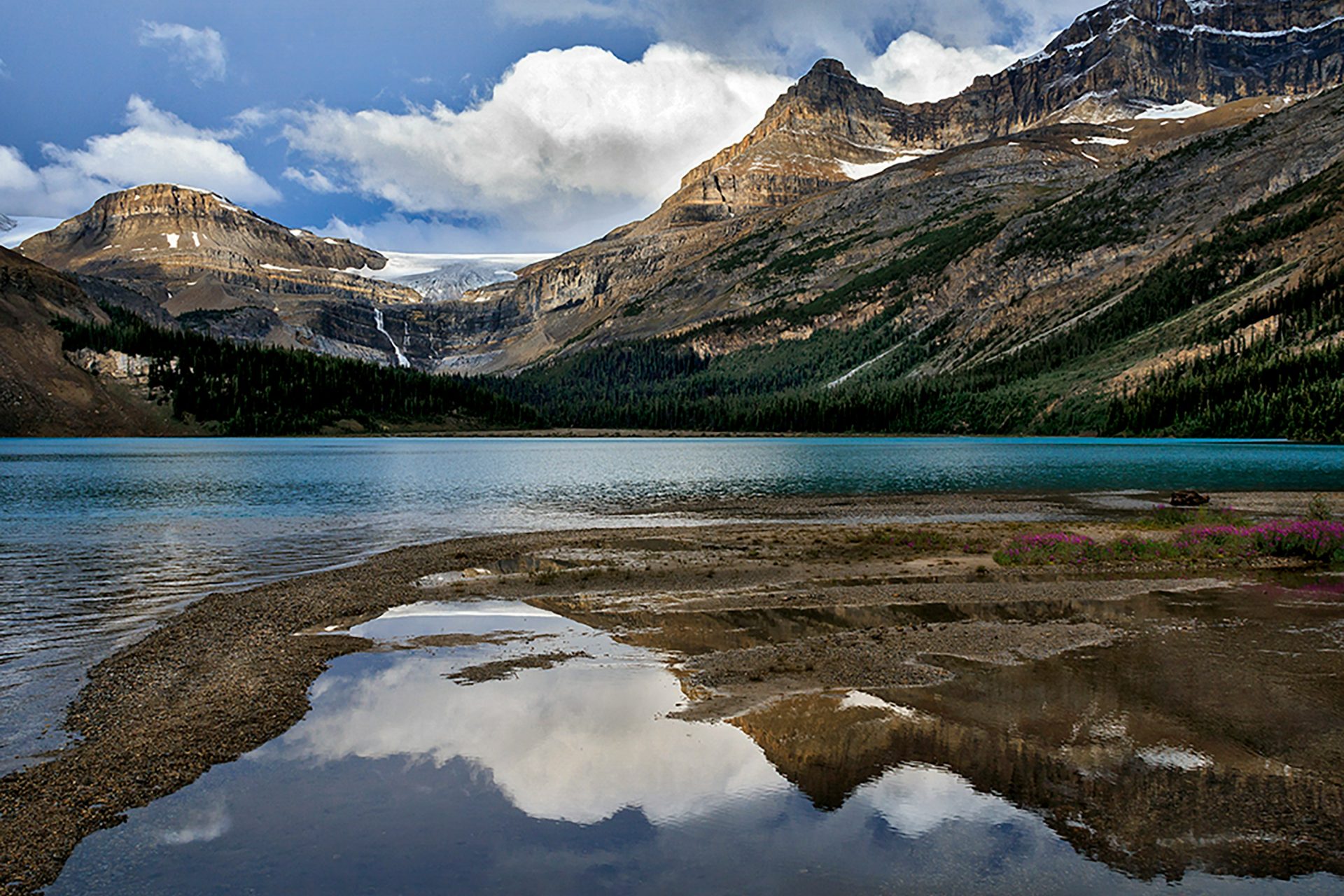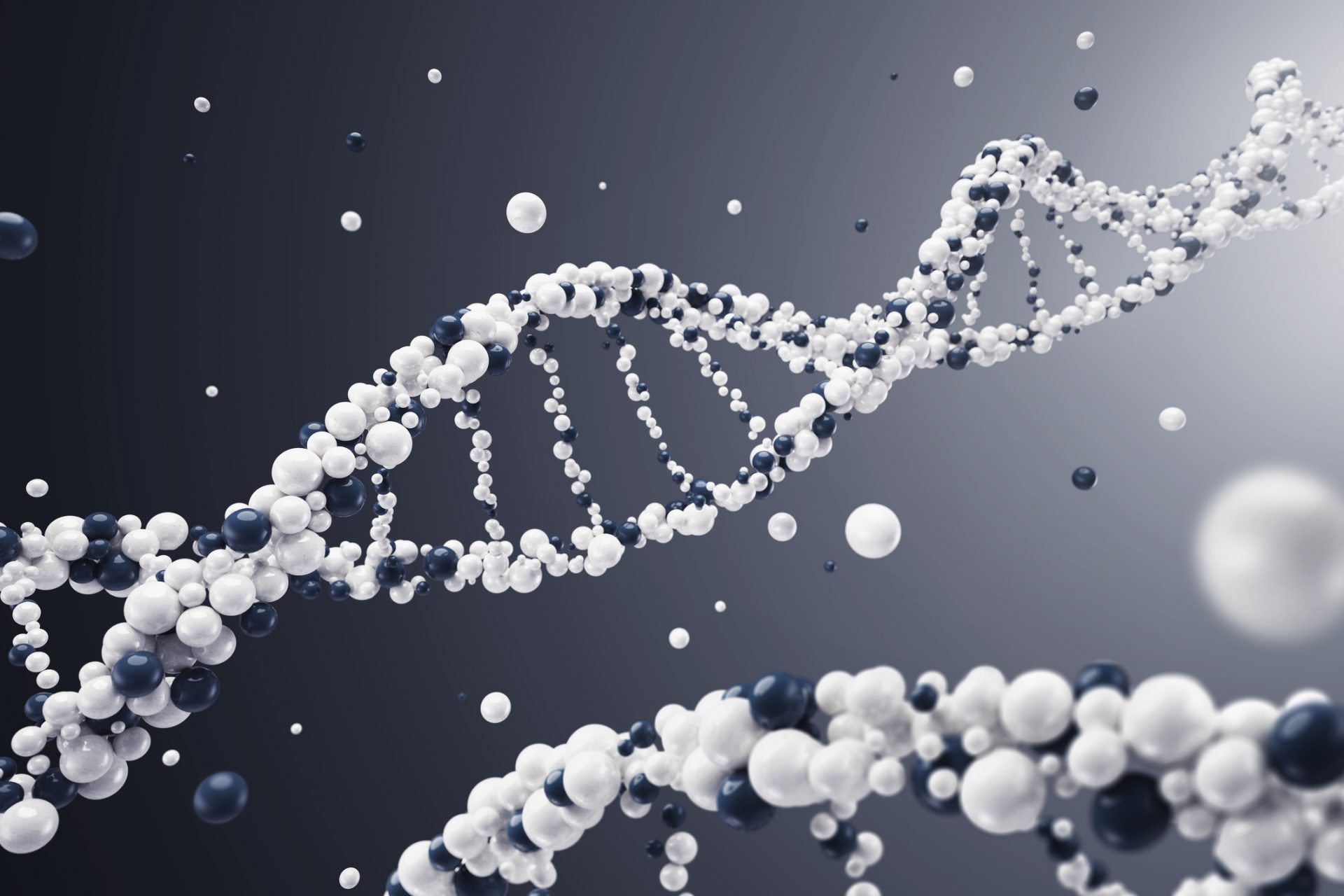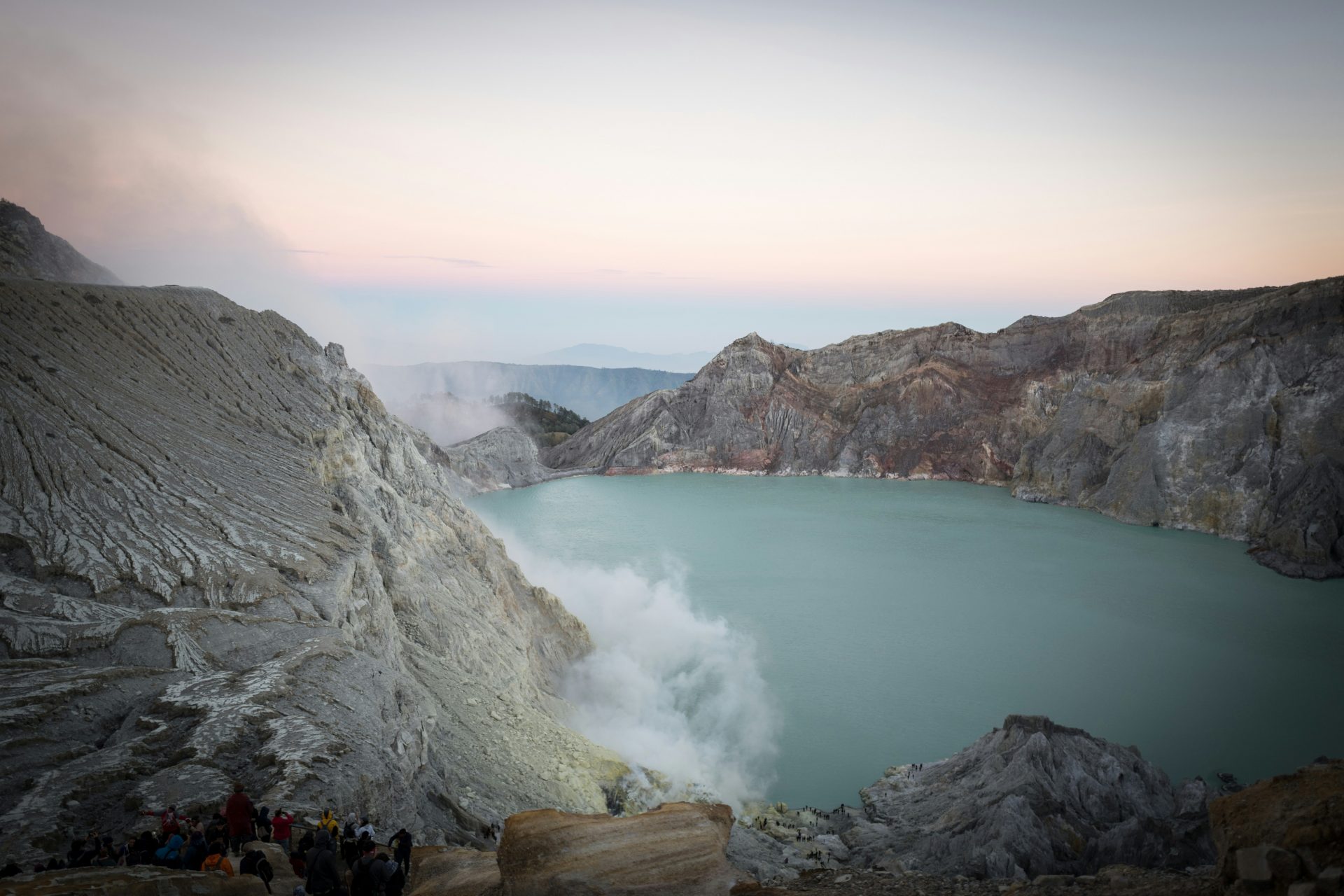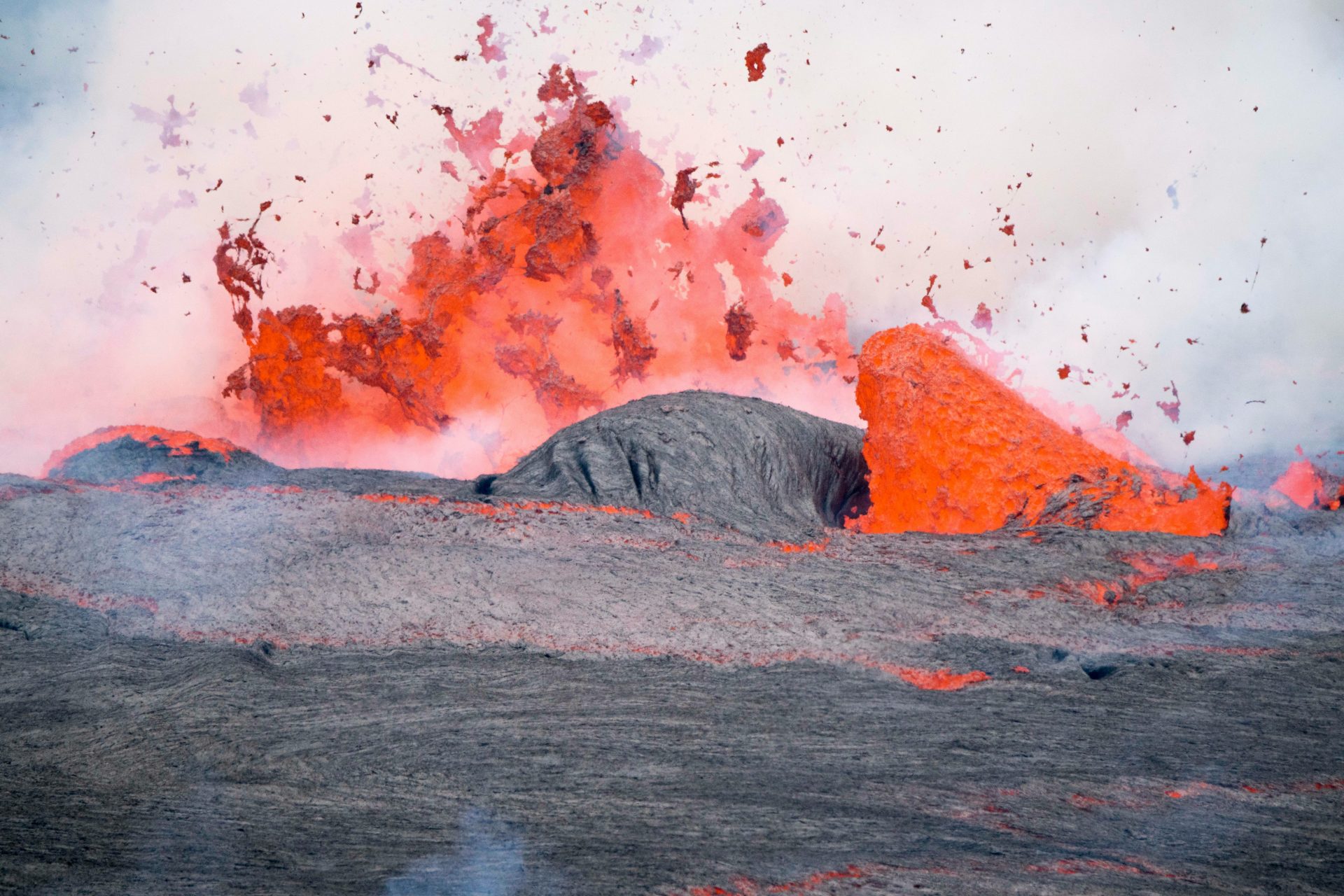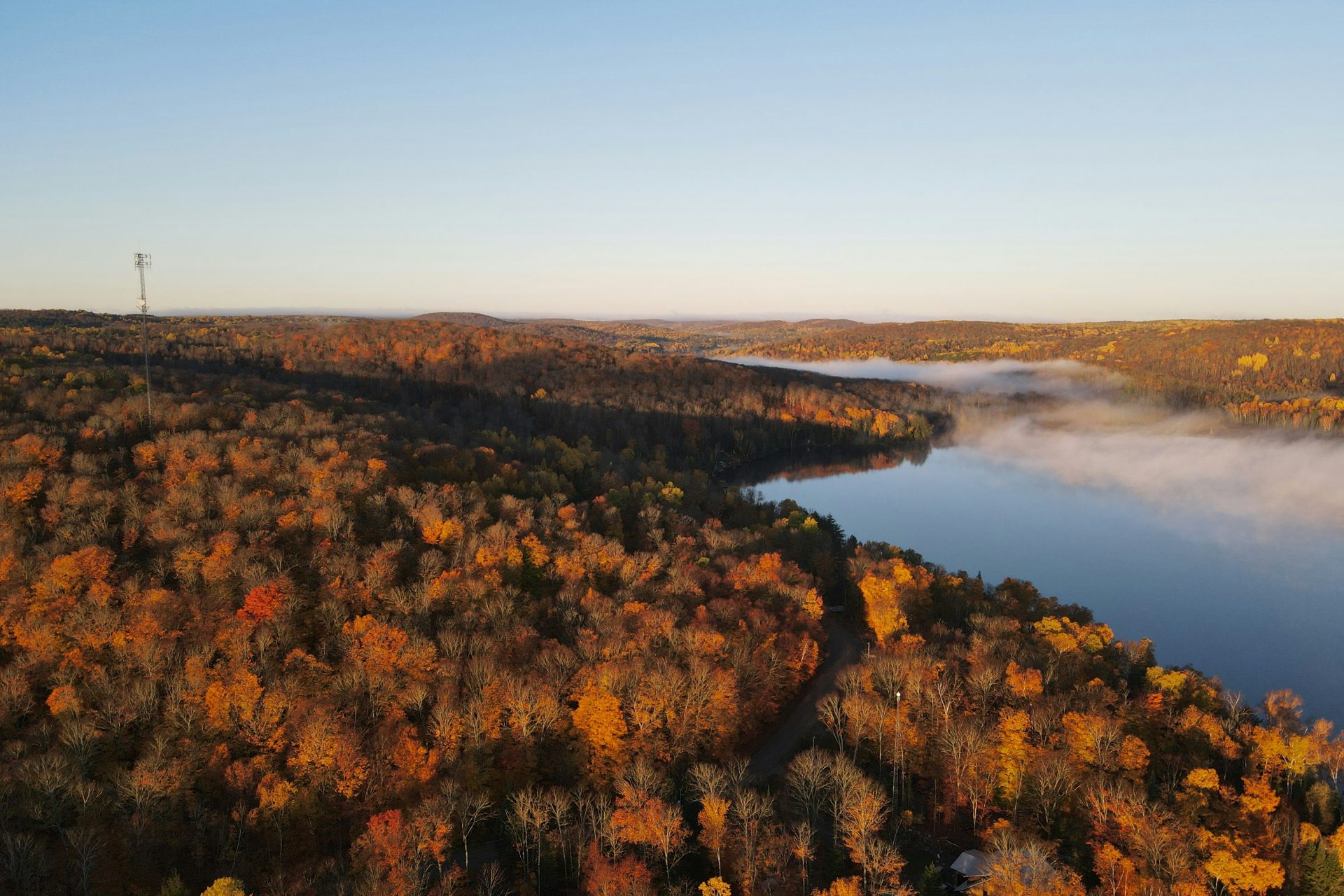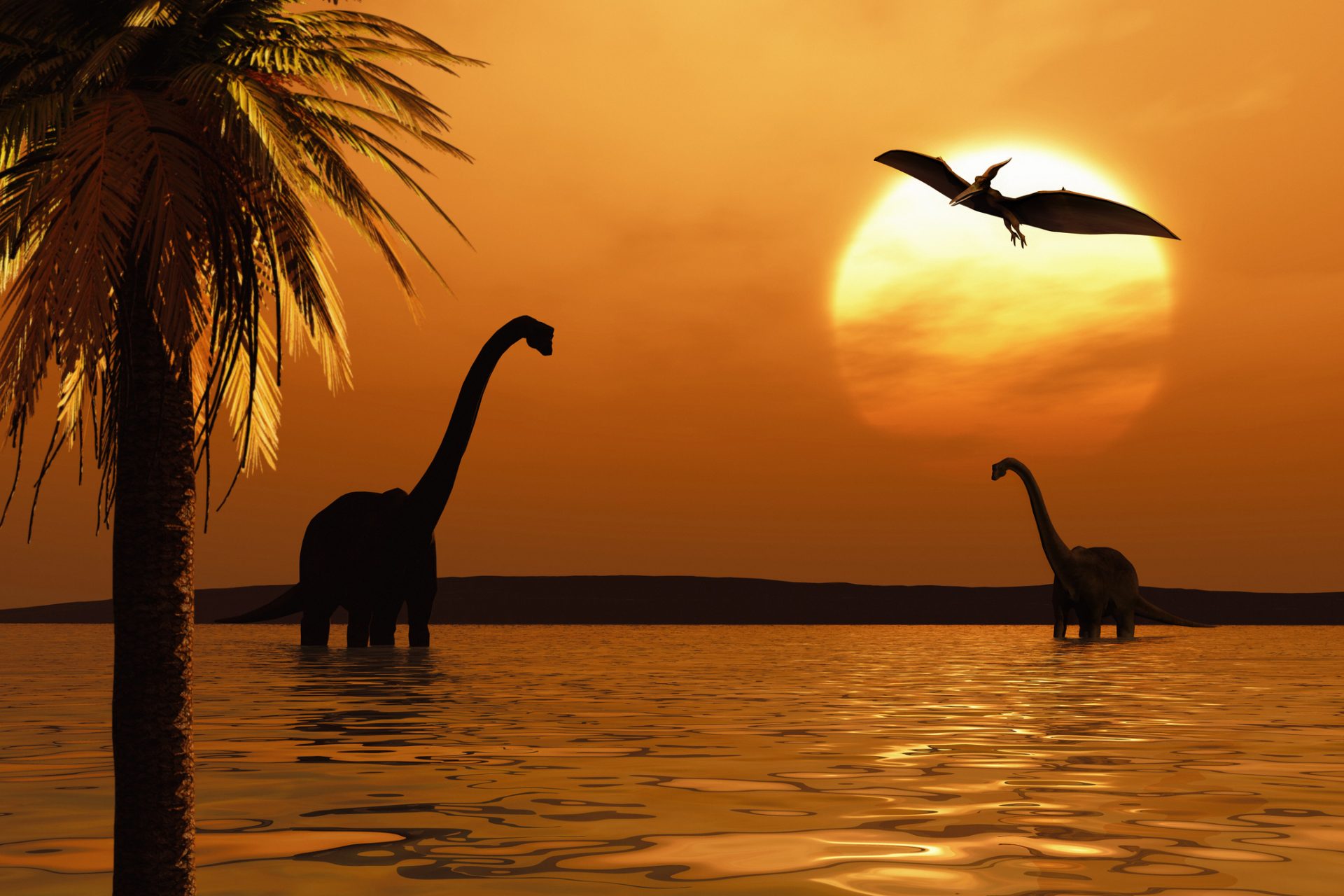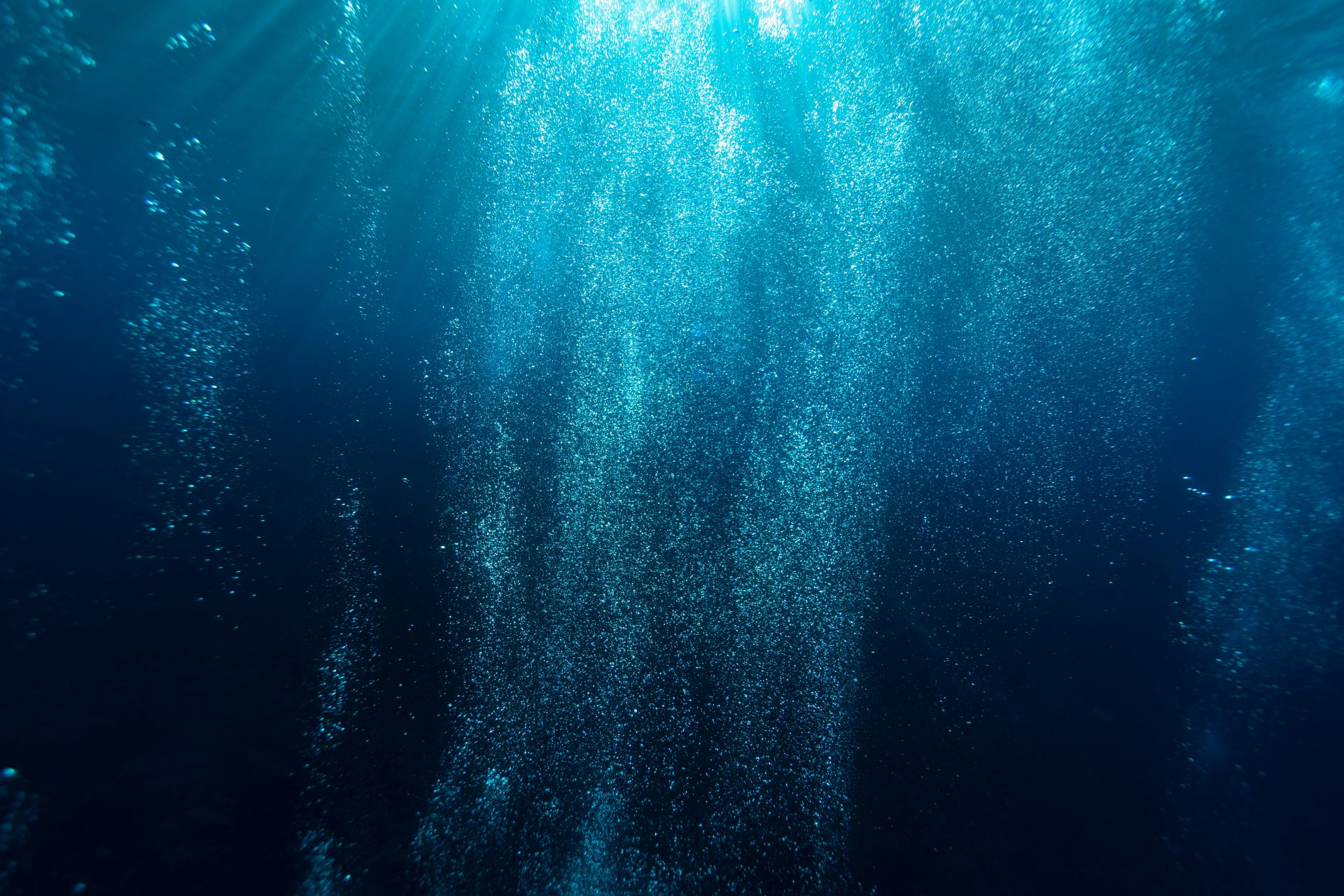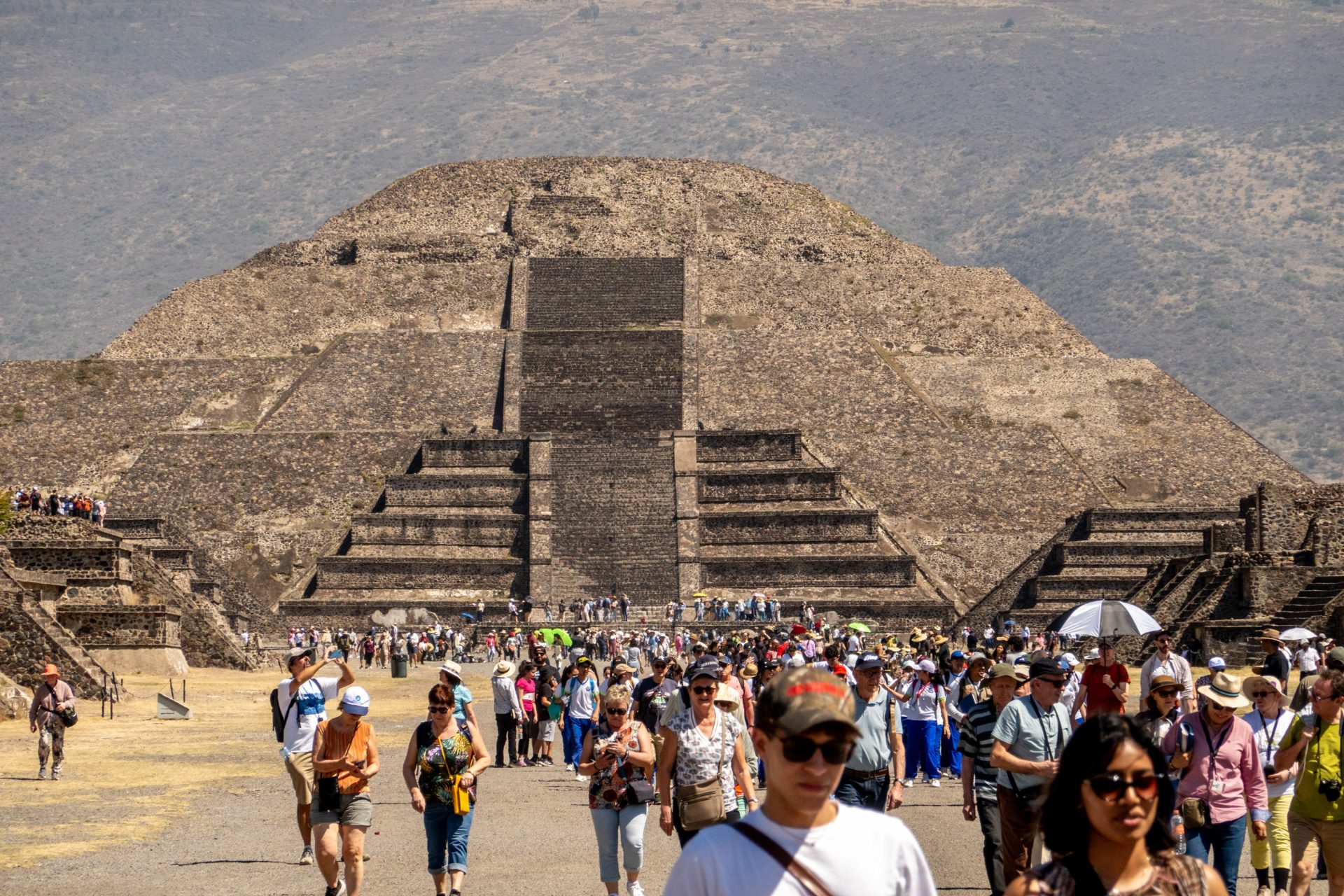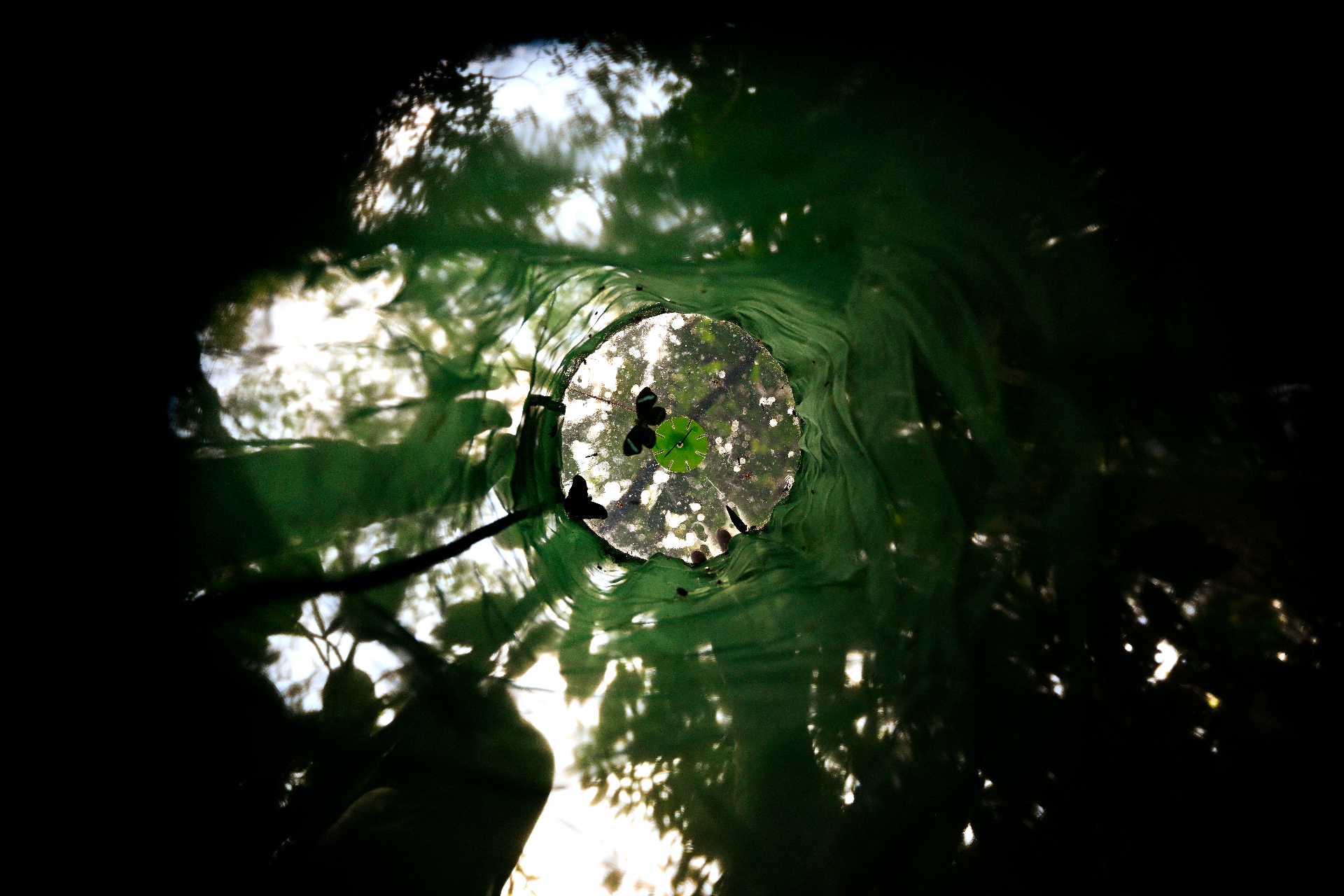This Canadian lake may point to the origins of life on Earth
Many scientists have ventured to answer this question, including Charles Darwin, the father of evolution. Although reluctant to publish his views on this matter, his theory became known through a letter he wrote to a botanist friend.
In 1871 Darwin wrote a letter to his friend Joseph Dalton Hooker, in which he talked about a warm little pond as a hypothetical terrestrial shallow water environment on early Earth under which the origin of life could have occurred.
Photo: Goulet Isabelle/Unsplash
"But if (and oh what a big if) we could conceive in some warm little pond with all sorts of ammonia and phosphoric salts, light, heat, electricity etcetera present, that a protein compound was chemically formed, ready to undergo still more complex changes [..] " reads a fragment of the letter.
Photo: Debby Hudson/Unsplash
In 2024, more than 150 years after Darwin expressed his theory, a group of scientists discovered a lake in Western Canada, that seems to have the chemistry and conditions needed to facilitate the synthesis of complex molecules that led to the emergence of life on Earth around 4 billion years ago.
Photo: Michelle Gordon/Unsplash
The shallow, salty body of water situated on volcanic rock, known as Last Chance Lake, in the province of British Columbia, holds clues that carbonate-rich lakes in ancient Earth could have been a “cradle of life,” according to study coauthor David Catling, a professor of geosciences.
Photo: Sterlinglanier Lanier/Unsplash
The finding, published in the journal Nature on January 9, 2024, could advance scientific understanding of how life began on our planet, and even in other planets, according to the researchers.
Catling and his colleagues first became aware of the lake as a place to focus their research after a literature review unearthed an unpublished master’s thesis from the 1990s that had recorded unusually high levels of phosphate there.
A critical component of biological molecules, phosphate is a chemical compound that contains the life-sustaining element phosphorus. It’s found in molecules such as RNA and DNA as well as ATP, a molecule necessary for energy production in all life forms.
Last Chance Lake is no more than 1 foot deep (30 meters). Located on a volcanic plateau over 1,000 meters (3,280 feet) above sea level, it contains the highest levels of concentrated phosphate ever recorded in any natural body of water on Earth.
Photo: Loris Boulinguez/Unsplash
When the researchers collected and analyzed samples of the Canadian lake, they discovered that the compounding chemical processes, influenced by minerals from the volcanic rock that the lake formed upon, could in fact have once led to the emergence of life.
Photo: Pierre Yves Burgi/Unsplash
Last Chance Lake, however, has not been around for 4 billion years. The site is simply a modern analog of the past that ultimately offers scientists a chance to better understand what primordial Earth may have looked like outside of a lab.
Photo: Kyle Mesdag/Unsplash
“There’s every reason to believe that similar lakes would have occurred on the first land about 4 billion years ago, because the volcanic rocks that Last Chance Lake sits on are basically a prerequisite for forming soda lakes,” researcher Sebastian Haas, who led the paper, told CNN.
But there’s another popular theory on how life first appeared on Earth billions of years ago that hypothesizes that life began in hydrothermal vents in the deep sea.
Photo: Sarah Lee/Unsplash
The scientists that led the study, however, say that the discovery of Last Chance Lake is a great understanding of how life originated on our planet, and that it can contribute to our search for life outside of Earth.
The same type of rock formation that produces soda lakes can be found on much of the surface of rocky planets such as Mars, which suggests that life may have formed in a similar way elsewhere in the universe, the scientists noted.
“Getting a better understanding of how life originated on Earth informs where to look for life on other planets, or moons of other planets, in the solar system,” the researcher told CNN.
More for you
Top Stories



